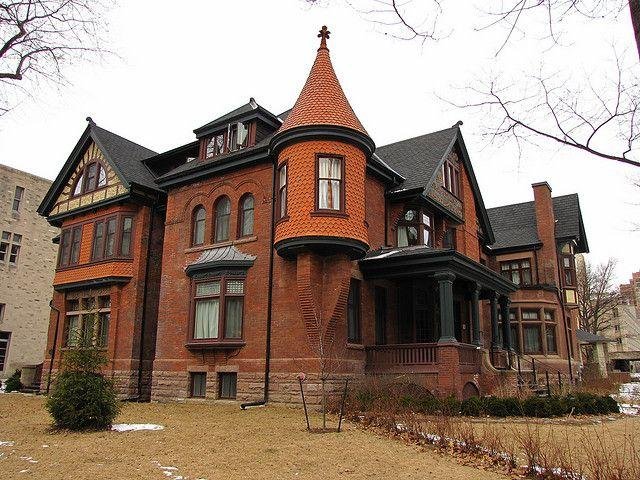The heritage homes usually have a lot of history and character, but it doesn’t mean they are always old properties. People usually like living in old houses with unique landscaping and architecture. So, what is a heritage house exactly? What do you need to know to buy a heritage house in Toronto?
Actually, heritage homes are not necessarily old. Some newer and modern buildings like Union Station and CN Tower are also heritage properties. The brief definition of heritage home is those well-crafted properties which are historically and or culturally worth preserving. Based on the Ontario Heritage Act, the Toronto Preservation Board and the Toronto City Council decide to give the heritage designation to properties or not.
Here, I am going to reveal the important things you should know when you decide to buy a heritage house in the Toronto real estate market.

In addition to the character and beauty of heritage homes, there are some important factors you need to consider before buying them. Some of these factors include the cost, safety, renovation and resale. So, there would be some regulations or cautions to remember. As a Toronto real estate agent, I’d like to tell you the important tips in this regard.
The costs of a Heritage Home
Since the heritage homes are mostly part of history, they are not cheap. So, prepare yourself to pay a lot for buying a heritage home in Toronto. Just before making such a decision, you better consider all of the cons and pros as well as costs and regulations.
Although historic heritage homes are very well built, they usually are not energy efficient. If you don’t upgrade the wiring, plumbing, and HVAC systems, your energy bills will cost you a lot. The above upgrades also can make your insurance bill go down a little bit as well.
Before making any upgrade or renovation you should know all about the restrictions. Thus you need to ask your city about what renovations are allowed in heritage buildings. You can ask the present owner about their energy bills to have a general idea of the cost of energy.
As mentioned before, another cost you may consider is the home insurance. The insurance cost of old heritage homes are higher than normal homes. Do your own research about heritage home insurance to make sure if you can afford it or not.
Besides, the old homes are more susceptible to molds or crack in foundations. The smart action is to make a full inspection using the help of a professional to find all the major and minor problems that may impose more future costs. Because after a thorough inspection, you may finally come to the conclusion that repairing all those items will not be worth it.
Renovations and Regulations
It seems that one of the biggest problems of buying a heritage home in Toronto is the renovation issue. Because there are serious rules about not changing the heritage character-defining elements especially on the exterior of these homes without legal permit.
Again, consult a professional home inspector who is also knowledgeable about heritage renovation restrictions. This will help you to know whether you can make the changes you want or not in advance. After buying a heritage home, find a skillful and professional contractor who exactly knows about how to fix or maintain an old historic house. Otherwise, the overall value of such property may be reduced by damaging the home.

Read More: Important Things to Do After Buying a House
What you can or can’t do to a heritage home
Your do’s or don’ts about heritage homes completely depend on what is actually defined to be heritage in your home. The heritage designation has a certain influence on interior and exterior features of the building, which is considered to be the property’s heritage interests. You nearly cannot do a lot with the exterior of your heritage home. But when it comes to the interior, you will have more freedom of action.
You need to both preserve the character of the heritage home and keep it strong and good looking. For either way, you need approval from the Heritage Preservation Services board before making any change. They mostly allow you to make minor changes which do not have any influence on the historic character of the heritage home. For major changes which may affect the heritage features of the property you will need the City Council approval.
Remember, if you’ve changed or renovated a heritage home, you will need to provide a “Description of Heritage Attributes” report and all the details of renovations you made when you decide to sell it.
![RLPS Logo-V [1Col RGB]-01 RLPS Logo-V [1Col RGB]-01](https://torealestateagent.com/wp-content/uploads/elementor/thumbs/RLPS-Logo-V-1Col-RGB-01-ohdkdw2fqtxwk9umk2c95d4sl5au0r49wgcs41fj7k.png)

